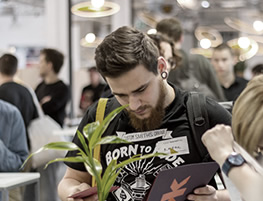
1. The Commons and Educational Commons

2. Educational Commons and Conflict Resolution

3. P2P Governance and Peer-learning
The seminar will introduce participants to
the principles of P2P Governance and Peer-learning. The seminar is structured
through presentations, practical examples, participants’ active research on the
web and discussions.

4. Children’s rights
This seminar introduces participants to the
development of the UN Convention on the Rights of the Child (UNCRC), including
the difficulties and challenges faced by children in the realization of their
condition as active subjects of rights and the possibilities to build more
democratic and equity contexts to face inequalities...

5. A Pedagogy of Listening, Pedagogical Documentation, and Project-work
The
seminar consists of short introductions to the three core concepts and
methodologies a pedagogy of listening, pedagogical documentation, and
project-work. The seminar is divided into three parts and each part ends with
discussion points...

6. Exercises in core concepts and methodologies
Exercise I Listening to children and youth: Analysis of children’s interests, questions, and problems. Exercise II Using pedagogical documentation together with children and youth: Revisiting lived and documented events. Exercise III Performing pedagogical documentation together with children and youth. Exercise IV: Planning a project-work.
